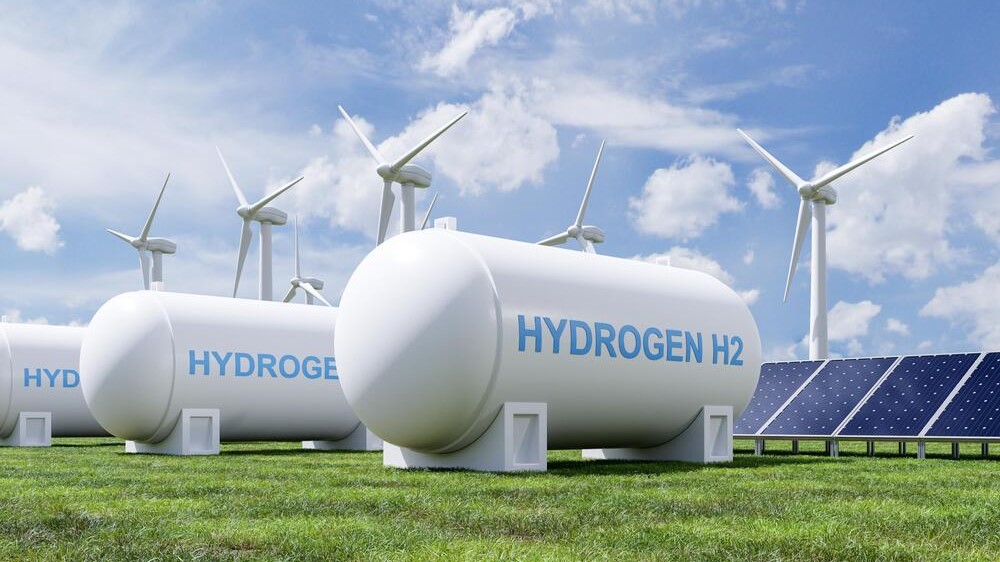Mitsui O.S.K. Lines, Ltd. (MOL) is promoting the Wind Hunter Project, which harnesses offshore wind energy to produce hydrogen from water onboard and convert it into propulsion for vessels, to realize a decarbonized, hydrogen-based society. However, hydrogen production requires a higher level of water purity, even more than drinking water. During the Wind Hunter hydrogen production process, seawater is first purified by passing it through a filter to remove impurities such as organic matter (carbon content, microplastics, etc.), inorganic matter (iron, magnesium, sodium), and sludge, but the filters currently in common use require frequent replacement, which increases the workload of crewmembers and imposes a significant cost burden.
In this development, the three parties will play the following roles to develop long-lasting, durable, and high-performance filters that will be able to remove even bacteria, which will require even more advanced technology in the future, and to manufacture a pure water production system.
The development of more efficient onboard technology to produce pure water from seawater in the Wind Hunter project will mark a major step toward the realization of large zero-emission ships.
In this project, a pure water production system will be designed not only for seawater but also for fresh water through a demonstration test in Lake Biwa in Shiga Prefecture. MOL will assess the effects of differences in water quality and establish a versatile pure water production technology by comparing seawater with fresh water from Lake Biwa, the largest lake in Japan. It will not only create pure water production technology for the Wind Hunter project, but also apply the developed technology to supply pure water to hydrogen production plant and other applications.
MOL set a target of achieving net zero greenhouse gas (GHG) emissions for the entire MOL Group by 2050 in the “MOL Group Environmental Vision 2.2,” It will contribute to the reduction of GHG emissions and the realization of a decarbonized society, not only by reducing its own GHG emissions, but also by actively participating in this project and others to build a clean energy supply chain.
Tags: Hydrogen, Japan, MOL, Water



Recent Posts
India charts green shipping path: MEPC 83 outcomes discussed at IMEI-DG tech seminar
IME(I) Mumbai pioneers holistic development for future mariners with emotional resilience workshop
Adani launches India’s first hydrogen-powered truck
MAN Energy Solutions Completes Type Approval Test for Upgraded Dual-Fuel GenSet
Global Shipyards Launch Alliance to Accelerate Maritime Sustainability
Port of Antwerp-Bruges Launches Volta 1, Europe’s First Fully Electric Tugboat
CMA CGM Adds Second Methanol-Powered Vessel ‘Argon’ to Its Fleet
Electric Orkney Project Launches Game-Changing Hydrofoil Vessel ‘Zevi 1’